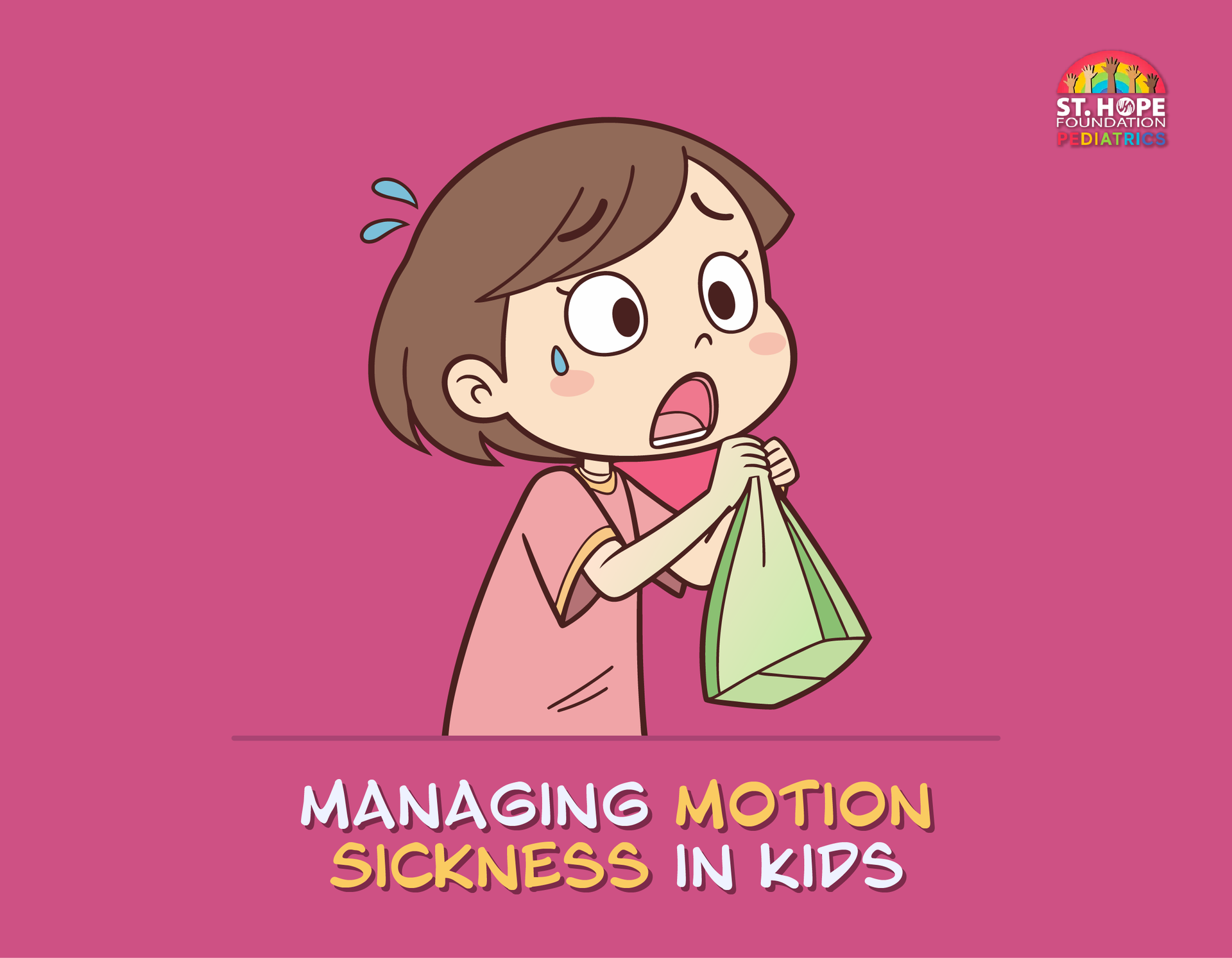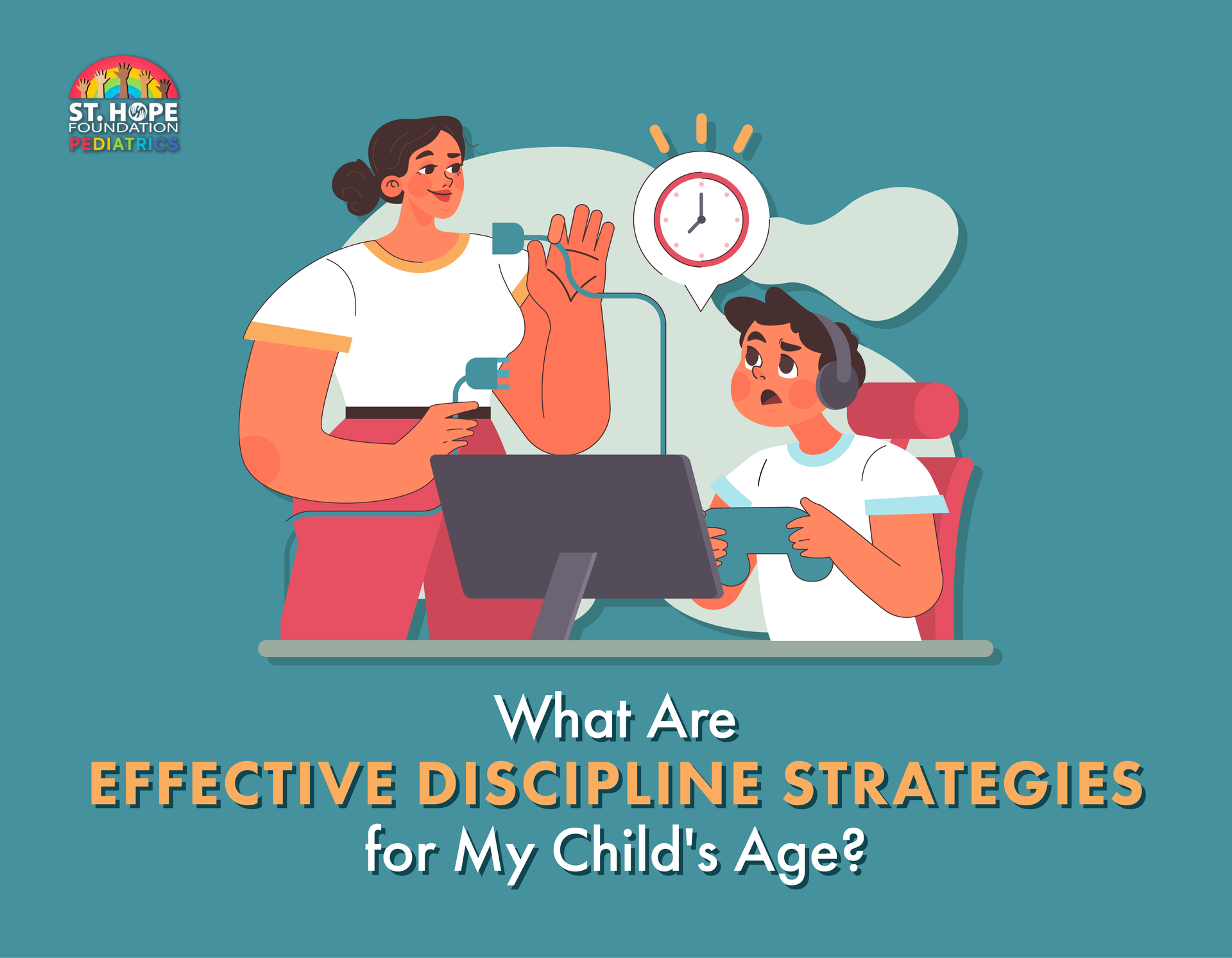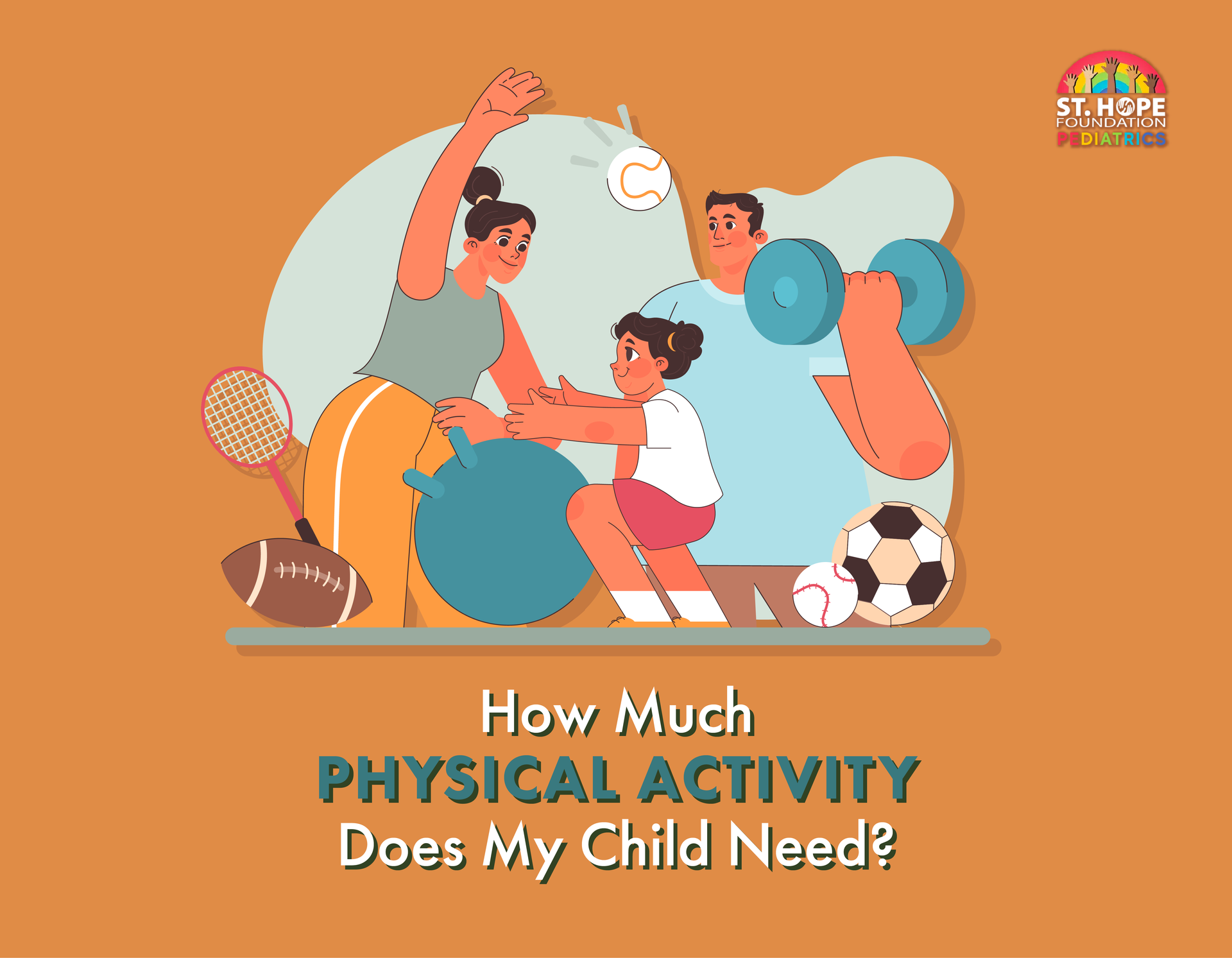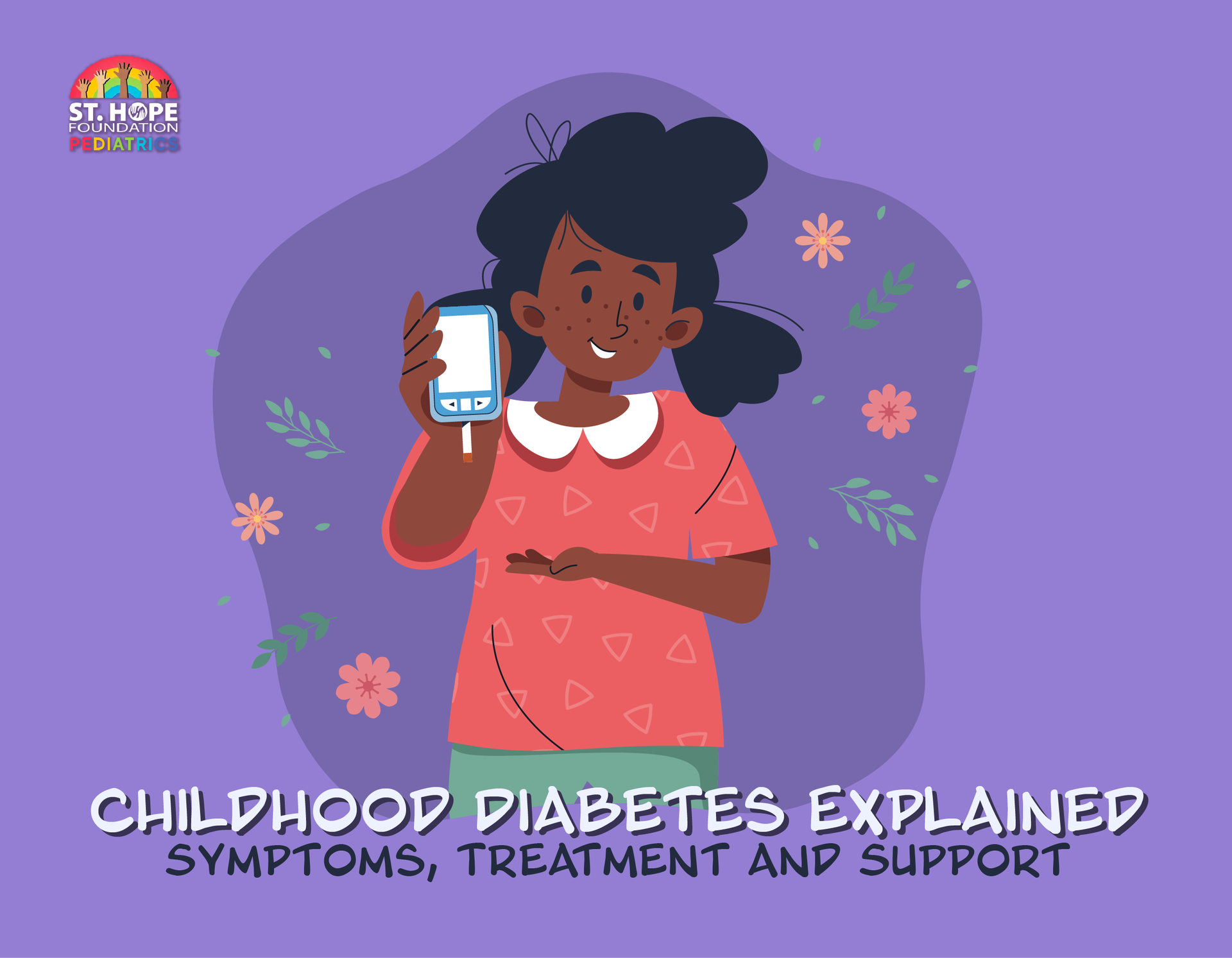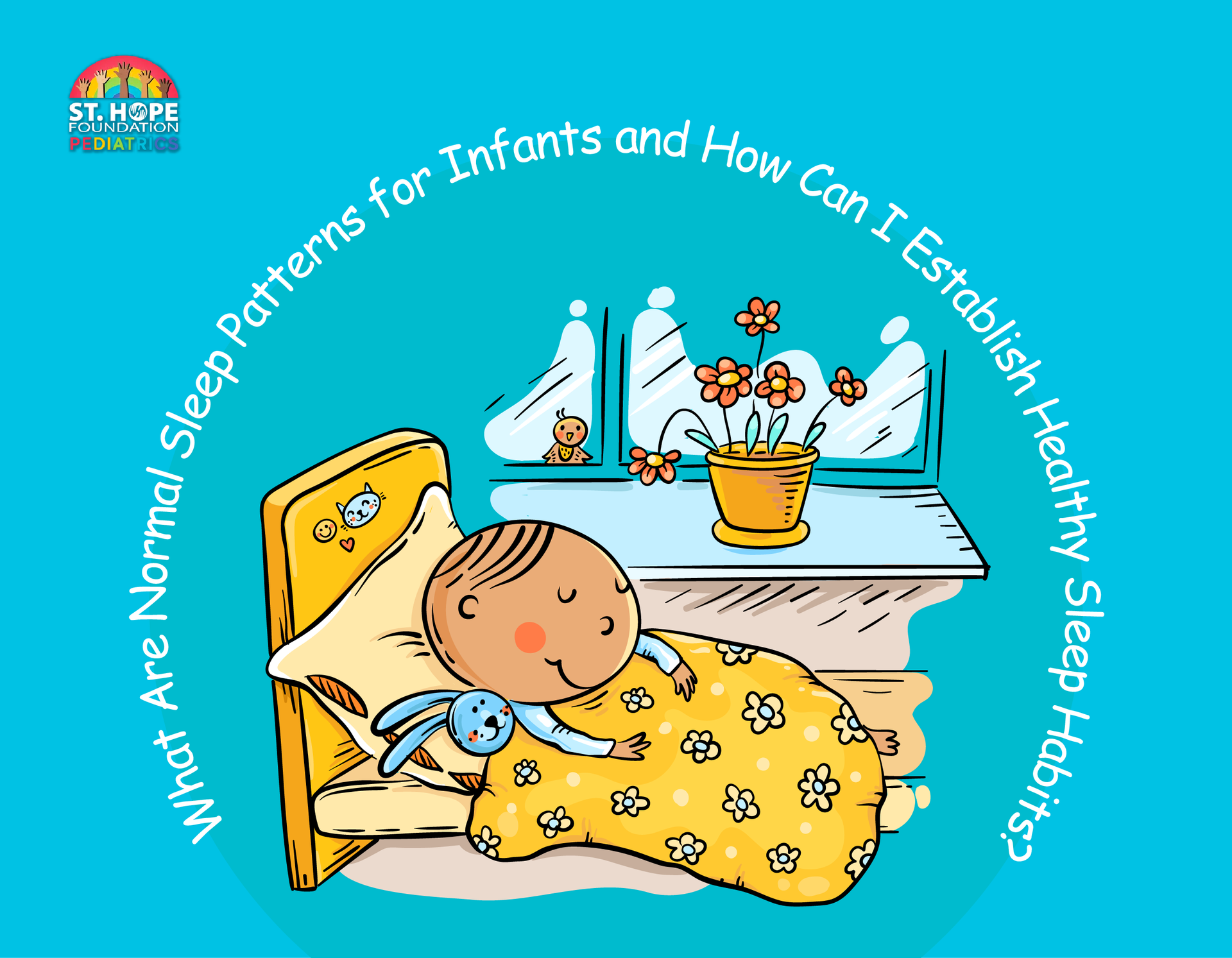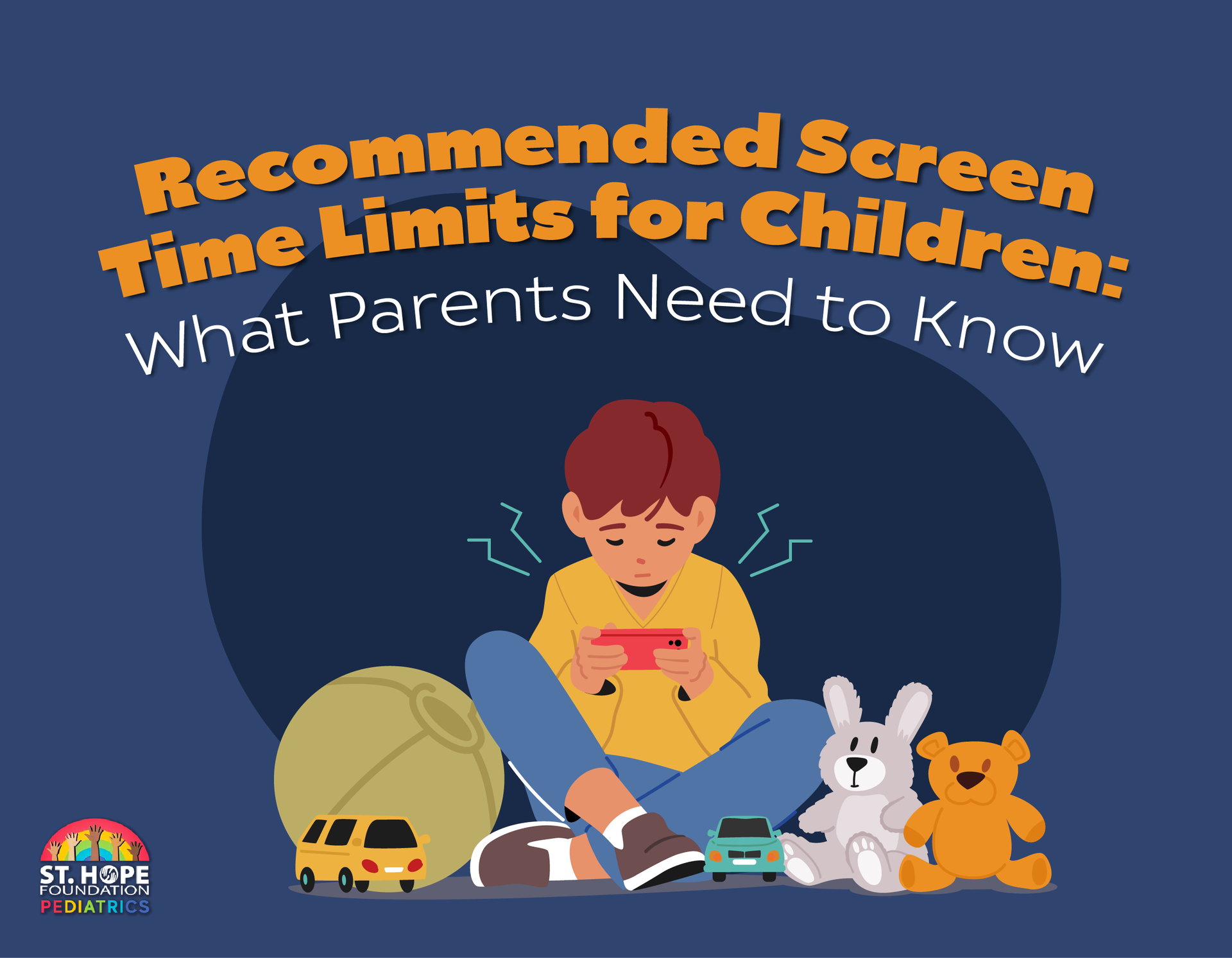
In the digital age, screens are a ubiquitous part of daily life. From educational tools to entertainment, children are exposed to screens from a very young age.
While technology offers many benefits, excessive screen time can have negative impacts on children’s physical and mental health.
Why Screen Time Limits Are Important
Excessive screen time has been linked to various health issues in children, including:
- Obesity: Prolonged periods of inactivity associated with screen use can contribute to weight gain.
- Sleep Problems: Exposure to blue light from screens can interfere with the production of melatonin, a hormone that regulates sleep.
- Behavioral Issues: Overuse of screens can lead to attention problems, hyperactivity and emotional difficulties.
- Academic Challenges: Too much screen time can reduce the time available for homework and reading, impacting academic performance.
Given these potential issues, many health organizations have established guidelines to help parents manage their children’s screen time effectively.
Recommended Screen Time Limits by Age
Infants (0-18 Months)
The American Academy of Pediatrics (AAP) recommends no screen time for infants younger than 18 months, except for video chatting. The focus should be on face-to-face interactions and play, which are critical for cognitive and social development.
Toddlers (18-24 Months)
Toddlers aged 18-24 months should have limited screen time. If parents wish to introduce digital media, it should be high-quality programming, and parents should watch it with their children to help them know what they are seeing.
Preschoolers (Two to Five Years)
For children aged two to five years, the AAP recommends no more than one hour of high-quality screen time per day. Parents should co-view media with their children to help them understand and apply what they see to the world around them.
School-Age Children (Six Years and Older)
For children age six and older, the AAP advises that parents place consistent limits on screen time to ensure that it does not interfere with sleep, physical activity and other behaviors essential to health.
Strategies for Managing Screen Time
Managing screen time effectively involves setting clear boundaries and encouraging other activities. Some practical strategies parents can leverage to enforce limits and encourage a healthy relationship with devices include:
- Create a Family Media Plan: Develop a family media plan that includes rules about screen use, designated screen-free times (like during meals) and the types of content that are acceptable. This plan can help establish healthy habits and make expectations clear.
- Encourage Physical Activity: Ensure that children have plenty of opportunities for physical activity. Encourage outdoor play, sports and other physical activities that do not involve screens.
- Set a Good Example: Children often mimic their parents' behavior. By modeling healthy screen habits, such as limiting your own screen time and prioritizing face-to-face interactions, you can set a positive example.
- Designate Screen-Free Zones: Make certain areas of the home, such as bedrooms and dining areas, screen-free zones. This can help promote better sleep and more meaningful family interactions.
- Use Parental Controls: Utilize parental control settings on devices and apps to limit screen time and monitor content so that children are only accessing age-appropriate material.
- Prioritize Educational Content: When allowing screen time, prioritize educational content that promotes learning and development. Co-viewing and discussing the content with your child can enhance the educational value.
Benefits of Balanced Screen Time
When managed appropriately, screen time can offer several benefits for children. High-quality educational programs and apps can support learning in areas such as literacy, math and science.
Video chats and social media can also help children stay connected with family and friends, particularly during times when in-person interaction is limited. Certain games and apps can also aid in developing problem-solving skills, hand-eye coordination and creativity.
Let Us Help You Create a Healthy Lifestyle for Your Child at St. Hope Pediatrics in Houston, TX
At St. Hope Pediatrics, we are dedicated to supporting the health and well-being of your family. Our knowledgeable pediatricians can provide you with additional resources and guidance on managing your child’s screen time and overall health.
Schedule an appointment with us today or give us a call at (713) 778-1300 to learn more about our services and how we can assist you in creating a healthy, balanced lifestyle for your children.


